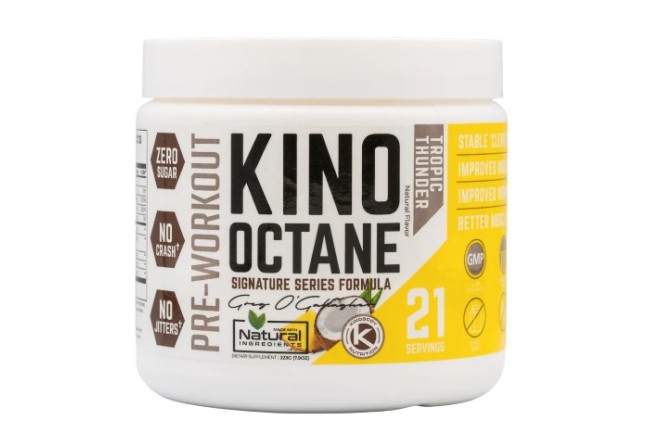
If you’re an athlete or fitness enthusiast, incorporating organic supplements into your routine can benefit your health. You can choose from pre-workout and post-workout supplements, which are designed to help you train harder, stay strong and recover faster.
Some of the most popular ingredients for athletes include branched-chain amino acids (BCAAs), carbohydrates, vitamin C, and B vitamins. These are important for building muscle strength and endurance, reducing inflammation and improving physical performance.
Beta-Alanine
Beta-alanine is an amino acid that’s commonly used in pre-workout supplements. It’s an important ingredient because it helps to speed up muscle growth and reduce fatigue, making it a popular choice amongst athletes and fitness enthusiasts alike.
Beta-alanine can be taken in a number of ways, including powders and tablets. However, you should always check with your doctor or health professional before consuming this supplement.
Athletes who train in endurance-based sports often benefit from supplementing with beta-alanine because it improves performance during high-intensity intervals. It also decreases the amount of lactic acid that’s produced during strenuous exercise.
Beta-alanine is an important component of the dipeptide molecule carnosine that’s found in both slow-twitch and fast-twitch muscle fibers. As you age, your body naturally loses skeletal muscle mass and lowers the level of carnosine in your muscles, which makes it essential to boost your levels with an optimal supplementation program.
Boswellia
Boswellia, also called Indian frankincense, is an herb that has been used for centuries to treat inflammation and various health conditions. It’s also been shown to improve symptoms of osteoarthritis and rheumatoid arthritis, as well as help your gut function properly.
The herb contains boswellic acids that fight inflammation and reduce oxidative stress. These acids also inhibit 5-lipoxygenase, an enzyme involved in the body’s inflammatory process.
Despite its anti-inflammatory benefits, boswellia is not recommended for people who are taking certain medications, including some drugs that affect the immune system and blood clotting. It can also interfere with some NSAIDs and steroids, so it’s best to consult your doctor before using this organic supplement.
Research on boswellia is still limited, but the herb appears to be a safe and effective dietary supplement for those suffering from osteoarthritis or rheumatoid arthritis. Studies suggest that frankincense can also help your gut function properly, which may improve symptoms of irritable bowel syndrome (IBS).
Turmeric
The anti-inflammatory benefits of turmeric have led many athletes and fitness enthusiasts to include this rhizome (underground stem) in their supplement stacks. It has been known to treat arthritis, respiratory infections, allergies, digestive disorders, and liver disease.
It can also help prevent weight gain as well as improve moods and reduce symptoms of depression and anxiety. This makes it a valuable organic supplement for anyone looking to lose weight while improving their overall health and well-being.
Turmeric is a potent anti-inflammatory that can help you recover faster after workouts and reduce joint pain, inflammation, and swelling. It also helps protect the body from harmful oxidative stress and may help reduce your risk of heart disease.
It is important to note that turmeric should not be used as a substitute for medication prescribed by your doctor. It is also important to discuss any supplements you take with your physician and make sure you are not allergic to the ingredients in them.
Natural Electrolyte Drink or Pre Workout Shake
Electrolyte drinks are great for rehydrating your body and restoring optimal balance of fluids after intense workouts. They can also help reduce headache pain, fatigue, and nausea.
For many people, water is enough to hydrate and replace lost electrolytes, but for heavy sweaters, salty athletes, or those who sweat a lot, sports drinks are essential. The best sports drinks are zero to low-calorie electrolyte drinks that contain the right ratio of sodium, potassium, magnesium, and calcium.
Pre-workout supplements are typically formulated to increase energy, focus, and performance in order to maximize your workouts. They are typically a powdered formula that you mix with water before hitting the gym.
Incorporating organic supplements into a fitness routine can be a beneficial way to boost your health and performance. They are also a healthy alternative to the high-sugar and artificial ingredients found in store-bought energy drinks.
Frequently Asked Questions
What is inorganic food?
Organic food is not produced with pesticides or artificial fertilizers. These chemicals can cause health problems in organic foods.
Organic food is free from harmful substances like pesticides and herbicides. These chemicals can cause harm to animals and humans.
Inorganic foods include meat, fish and eggs, dairy, butter, yogurts, honey, yogurt, honey, grains and vegetables, as well as spices, herbs, fruits, and spices.
Organic refers to how an agricultural product was grown. Organic farming is based on natural methods, soil amendments, and crop growth. Conventional farming uses pesticides, fertilizers, and chemicals.
Foods labeled as organic must meet strict guidelines by the U.S. Department of Agriculture (USDA). All organic food must comply with the National Organic Program Standards. This means that it must not contain prohibited materials like antibiotics, growth hormones or genetically modified organisms (GMOs), as well as industrial solvents. Additionally, organic food must be raised without toxic chemicals, petroleum-based fertilizers, sewage sludges, or ionizing radiation.
Is organic food healthy?
There are two types, those we grow our own and those we purchase from another source. There are exceptions, but the majority of the time, both options will be available. Organic food is healthier than conventional food because it doesn’t contain harmful chemicals, pesticides or herbicides. It also doesn’t contain preservatives or genetically modified organisms.
In supermarkets all over North America, Europe Asia, Latin America, Latin America, and Africa, you can find organic food. Most grocery stores now carry organic food, making it easier for consumers to choose organic products.
Organic food is also better tasting and more nutritious because it contains higher levels of vitamins, minerals, and antioxidants. In addition, organics are usually grown without applying synthetic fertilizers and pesticides, which means they do not pollute our soil and water supply.
Organic farming is regulated by the USDA. Farmers must follow strict guidelines to ensure safe eating. There are currently over 30 million acres of US farmland certified as organic.
Organic food is often more affordable than conventional food. For the same amount, consumers pay less. Organic farms can charge less for their crop because they aren’t required to buy expensive chemical inputs.
According to the Environmental Working Group (EWG), organic food actually costs 10% less per pound. You can make a change to organic food if your family is concerned about their health.
Organic food has become a popular alternative to standard American diets. While many believe organic food can only come from specialty markets and fine dining restaurants, it is not true. Organic food can be purchased in most grocery stores across the United States.
Recent years have seen a significant increase in organic food sales. The US market value of organic foods was $43Billion in 2012, up from $21B in 2007.
Why should organic be my first choice?
Conventional agriculture has been linked to several health problems, including asthma, allergies, obesity, diabetes, cancer, birth defects, hormone imbalances, and other diseases. It is important to make informed choices about food purchases.
The Environmental Working Group (EWG) offers the following tips on how to pick "cleaner" food:
Buy organic fruits and vegetables whenever possible.
USDA organic labels can be found on meat, poultry (eggs, eggs), milk, cheese and yogurt as well.
Avoid processed foods labeled as "natural" or "no additives."
Check ingredient lists carefully. If an ingredient is not listed, it can be added during processing.
Frozen and canned meats should be preferred to fresh. Foods that are frozen or canned often have less nutritionally-rich ingredients, such as high fructosecorn syrup.
What is organic food?
Organic produce is free from synthetic fertilizers, pesticides, sewage sludge and confinement feeding. No growth hormones or animal testing are done. These crops can naturally grow, so no chemicals are used by farmers to combat pests or weeds.
Organic farming practices also maintain soil quality by reducing erosion and conserving water resources. Organic foods are healthier than conventional foods because they have more nutrients. Organic products tend to be higher in fiber and lower fat than conventionally produced foods.
What are organic products that can be used on the skin?
Organic skincare products don't contain any synthetic chemicals such as parabens or phthalates.
Organic skincare products do not contain artificial colours, fragrances or preservatives.
They also help to preserve healthy skin and prevent premature aging.
Some standard terms you may see when shopping for organic products:
- Paraben Free – These chemicals are used to preserve certain cosmetic products, but can cause serious health problems if taken in large amounts.
- Fragrance-Free means that the product doesn't contain any essential oils or fragrances.
- Cruelty-Free: No animals were hurt during manufacturing.
- Natural Ingredients: The ingredient is naturally derived form the animal or plant.
- Vegetarian/Vegetarian- The ingredients are either vegan/vegetarian.
- Gluten-Free is a label that indicates that no gluten was added to the product.
- Non-Toxic: The product does not contain toxic substances, carcinogens or any other harmful compounds that could cause harm to your health.
- Biodegradable - The product will eventually be broken down into harmless parts when it is disposed of.
- Pesticide-Free - No pesticides have been used in the growing and harvesting process.
- GMO-Free refers to the fact that no ingredients in the product contain genetically modified organisms.
- Certified Organic means that all the ingredients have been grown using methods that protect the soil and water as well as wildlife and farmers.
Is organic food better for us?
According to the Environmental Working Group's latest report on pesticide residues in foods, organic fruits and vegetables had nearly half the level of pesticides compared with non-organic versions. Organic apples had eight times less pesticides than nonorganic apples. However, organic strawberries had four times the amount of pesticides as their conventional counterparts.
Other studies suggest that eating organic food reduces exposure to toxic metals like lead and mercury. For example, one study showed that children who ate organic meat had 33 percent lower blood lead levels than those who didn't consume organic meats. Another study concluded traditional fish should not be consumed by pregnant women, due to high mercury levels.
Organic food tends to be healthier than nonorganic. However, to reduce your risk of cancer and other diseases, experts recommend choosing fresh fruit and vegetables whenever possible.
How can you tell organic food from non-organic?
Fresh ingredients are what chefs value the most. Because we feel better when we eat well.
The same goes for our food. Organics are traceable back to the source and provenance of their products. It was not treated with harmful chemicals.
Organic food does not contain synthetic pesticides, fertilers, hormones or antibiotics. These substances aren't permitted for organic farmers.
Organic farming doesn't have to be difficult. There are plenty of ways to grow them safely.
Sometimes, organic farming is called sustainable agriculture. This is because organic farming uses less resources than conventional methods but provides enough nutrients for life to last.
Organic farming methods include crop rotations, composting manure and cover cropping. These practices help to prevent soil erosion and improve water purity.
They also reduce chemical contamination of waterways. Local farms can be found in cities that raise organic produce.
Two types of certification programs are available for organic products. One is certified under the USDA National Organic Program. The other is certified independently by certifying authorities. Both require strict organic standards to be adhered to.
USDA seals and O Seals may be used to identify organic products that meet federal standards.
Statistics
- As for organic meat, regulations require that animals be raised in living conditions that accommodate their natural behaviours (like the ability to graze on pasture), fed 100% organic feed and forage, and not administered antibiotics or hormones. (usda.gov)
- To provide the highest quality products and services to every customer, with a dedicated workforce that puts the customer first and takes the extra step to achieve 100% customer satisfaction and loyalty. (hollinsorganic.com)
- Brands participating in this challenge are committed to using 100 percent sustainable cotton by 2025.[5] (en.wikipedia.org)
- According to a study performed by consumerreports.org, organic products, compared to non-organic products, ranged anywhere from 13 percent cheaper to 303 percent more expensive. (en.wikipedia.org)
External Links
doi.org
- Occupational Pesticide Exposures and the Cancer Risk: A Review. Journal of Toxicology and Environmental Health. Part. B. Vol 15, Issue 4.
- Genetically modified foods: Safety, Risks and Public Concerns - A Review - Journal of Food Science and Technology
ams.usda.gov
ncbi.nlm.nih.gov
- PubMed: Assessment of the micronutrients found in plant foods that are produced using organic and conventional agricultural techniques - PubMed
- Comparison of the total amount of phenolic and/or ascorbic acids in freeze-dried and dried marionberry, strawberry, or corn grown using conventional and organic agricultural practices - PubMed
ota.com
How To
What You Should Know About Organic Foods
Organic foods are made from animals and plants without pesticides or chemical fertilizers. They are not subject to genetic engineering or the use of ionizing radioactive radiation. The food must not contain artificial flavours, colours, flavour enhancements, or preservatives. It must not contain genetically altered organisms (GMOs).
In 1845, Justus von Liebig, a chemist, first coined the term "organic", meaning "life-giving", to describe the properties and characteristics of manure. Most people associate organic production with food. Organic means the product has only natural substances like proteins, carbohydrates, and fats that are found in nature.
The consumption of organic foods has risen dramatically in the past decades. Recent statistics show that around half of the world's population consumes at most one organic product per day. This number increases constantly and is expected to reach 70%, 80%, and 90% by 2020.
There are many reasons why consumers choose organic products. Some like the taste, others prefer them because they believe organic produce is healthier, while some think organic farming is more environmentally friendly. Non-organic products are often chosen because they do not pose ethical issues regarding the treatment of farm workers or animals.
Organic food tends to be more expensive that conventional foods, but prices can vary depending upon the country or region. The price of organic food is affected by several factors. One factor is the availability land suitable for organic agricultural. Another factor is the price of inputs as well as labour for organic farming. The cost of transportation, marketing, and taxes are just a few other factors. For example, in Europe, the average price of organic food is 10% higher than the regular price.
Below are the main differences between conventional and organic foods.
- Organic produce is completely free from chemicals, hormones and antibiotics.
- Organic livestock is fed grasses and grains, rather than corn and soya meal.
- Organic milk is produced by cows who eat a diet consisting of pasture grasses and hay.
- All organic raw materials are certified organic.
- Organic fruits, vegetables and their processing stages are free from pesticides and harmful chemicals.
- Organic meat, poultry and seafood are not subject to radiation.
- Raw nuts and seeds are soaked before use.
- Organic cooking is only allowed to use healthy oils.
- Organic eggs are laid naturally by hens.
- Organic honey is extracted by bees using traditional methods.
- Organic chocolate contains beans and sugar from organically grown and processed cacao.
- Organic wines are produced without the use of chemical additives.
- The tea leaves of organic tea come from tea plants that have been hand picked.
- Organic cotton is grown with no pesticides or herbicides.
- Organic cereals and flours contain no preservatives, artificial colours, or flavours.
- All natural shampoos and soaps are free from harsh chemicals.
- All-natural cosmetics can be used safely on your skin.
- All natural cleaning solutions are biodegradable and eco-friendly.
- All natural bodycare products are dermatologically tested for hypoallergenicity.
- All-natural, fragrance-free personal hygiene products can be safely used by babies.
- All-natural baby formula contains no bovine serum or animal protein.
Resources:
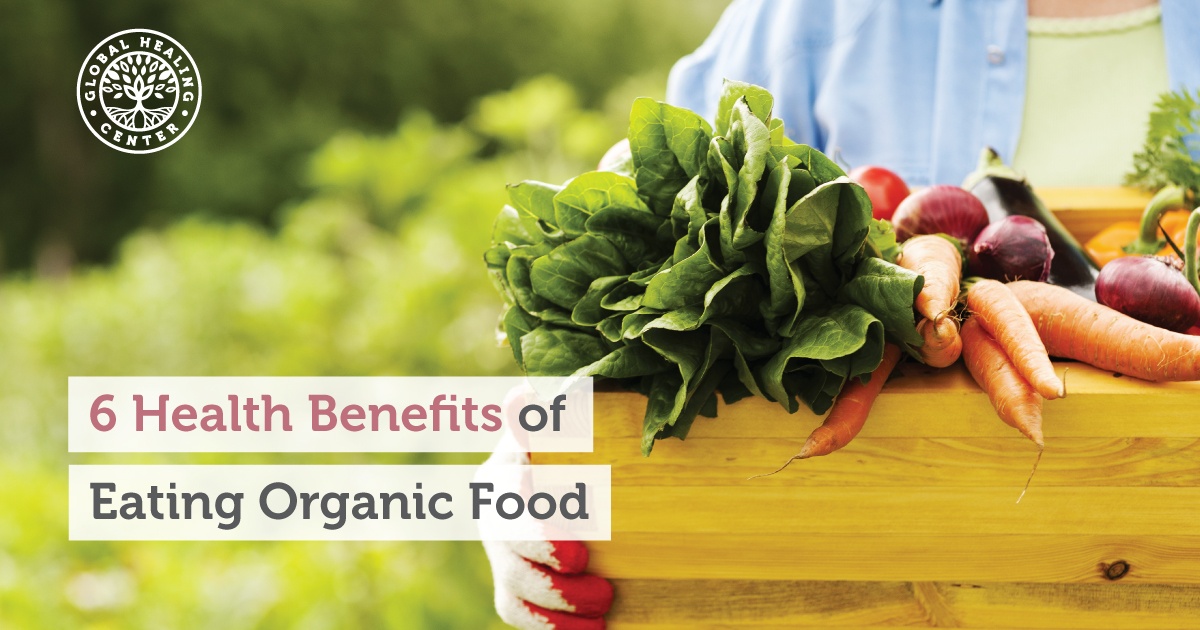 |
Nuts and SeedsNuts and seeds are nutrient-rich crunchy tidbits that add a protein, fiber and healthy fat punch to meals and snacks. They’re also a great source of.. |
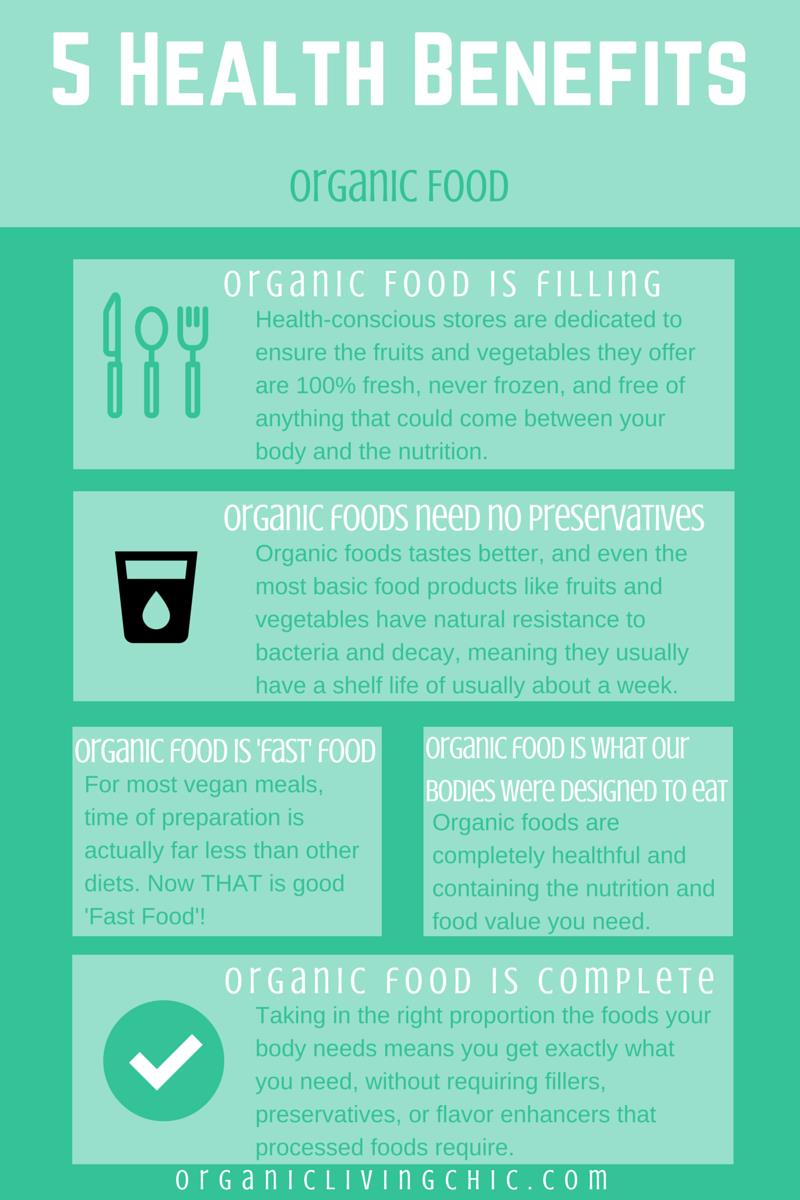 |
Organic Food For A Six Pack? The TRUTH About Organic vs Conventional Foods!Get ripped and keep your strength: http://goo.gl/uLzHn6 Hey guys, it's Clark over at Six Pack Shortcuts and today we're gonna talk about organic vs |
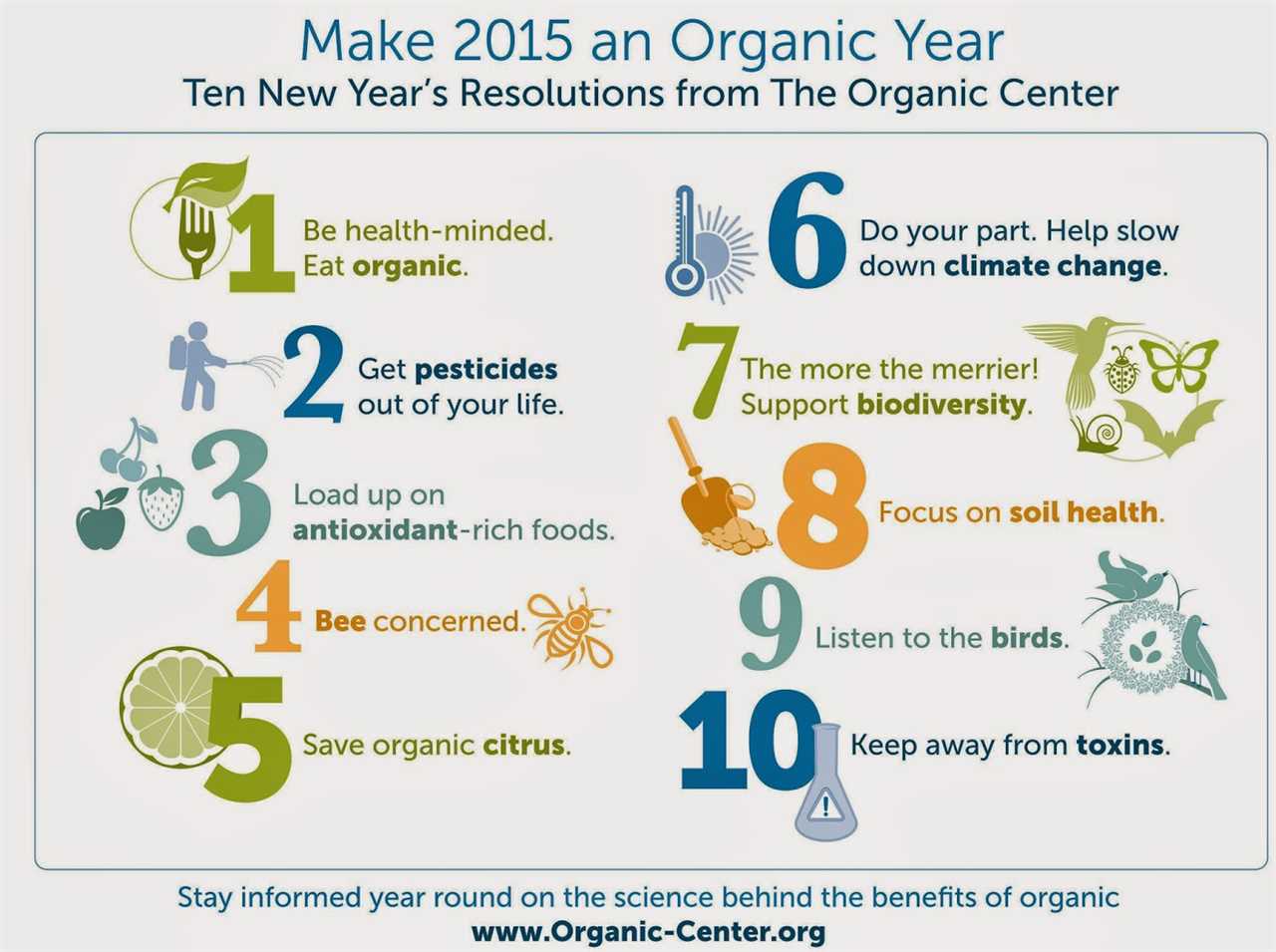 |
Organic vs Conventional Produce - The Dirty Dozen & Clean 15 ExplainedClick https://skl.sh/flavcitywithbobbyparrish to get 2 months of Skillshare for FREE! Here is a full review of the dirty dozen fruits and vegetables and |
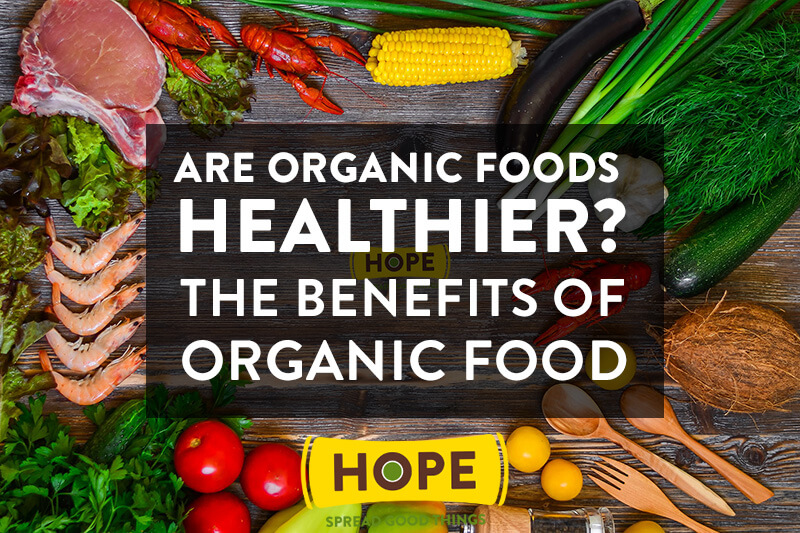 |
Are Organic Foods Really Healthier?It's widely believed that organic foods are more nutritious and safer than non-organic foods, even though the evidence is far from clear. Food certified as |
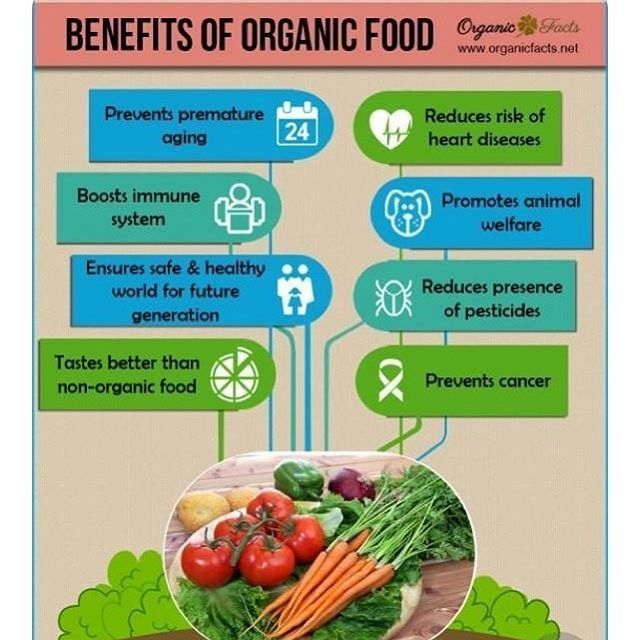 |
Are GMOs Good or Bad? Genetic Engineering & Our FoodAre GMOs bad for your health? Or is this fear unfounded? OUR CHANNELS German Channel: https://kgs.link/youtubeDE Spanish Channel: |
 |
How the food you eat affects your brain - Mia NacamulliView full lesson: http://ed.ted.com/lessons/how-the-food-you-eat-affects-your-brain-mia-nacamulli When it comes to what you bite, che […] |
 |
Is Buying Organic Food Worth The Cost?Subscribe to Goodful: https://bzfd.it/2QApoPk Goodful Goodful Feel better, be better, and do better. Subscribe to Goodful for all your healthy self care |
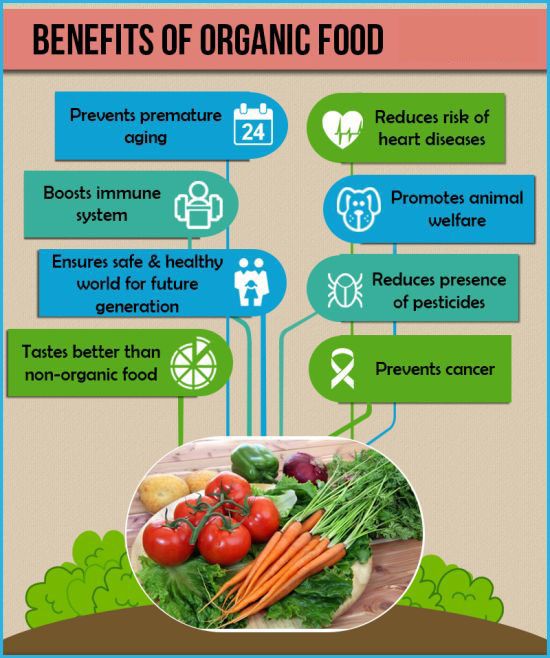 |
Benefits of Choosing Organic Gluten-Free OptionsIf you’ve been diagnosed with gluten sensitivity or celiac disease, you know how hard it can be to avoid foods containing wheat and other grains. But |
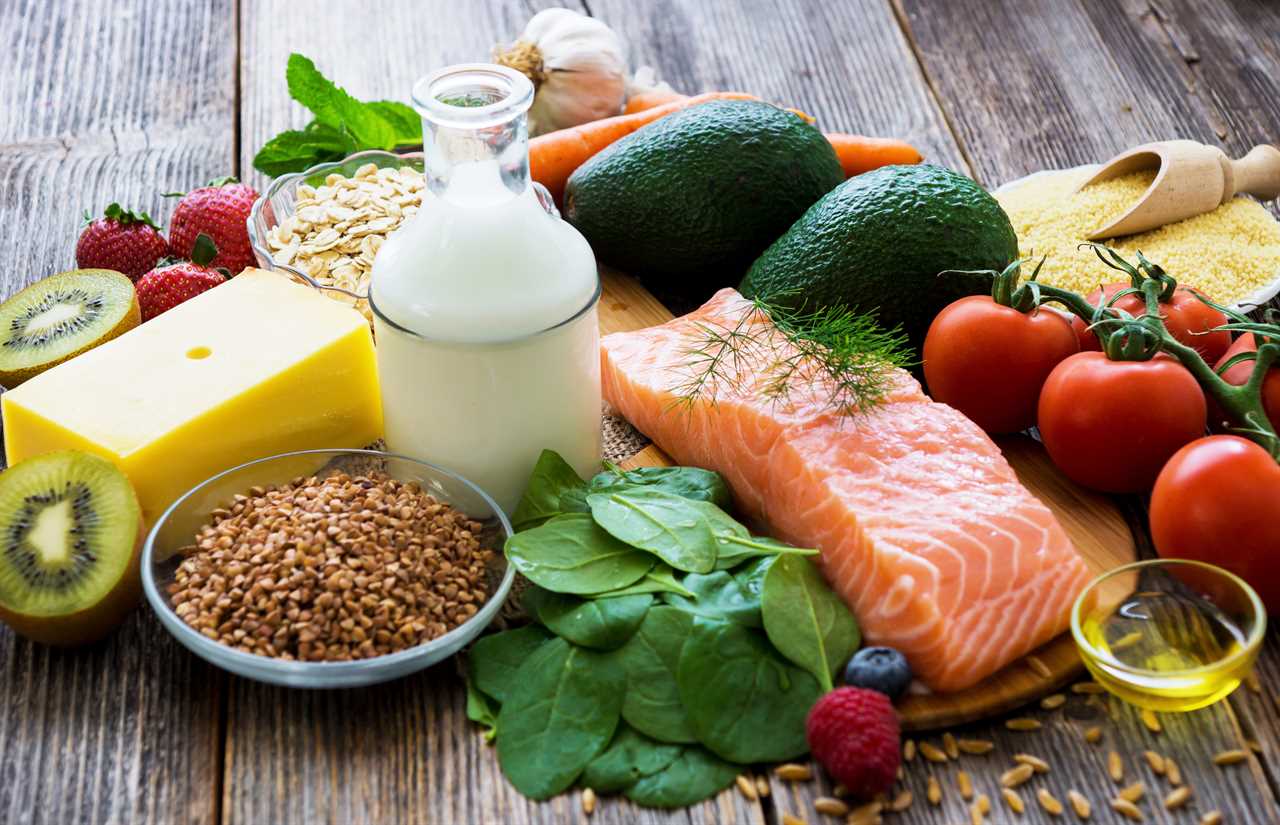 |
Joseph Wang LIVE (Bank Bailouts and Moral Hazards Deep Dive)buy my stuff Come to rebel capitalist live at https://rebelcapitalistlive.com Check out my private, online investment community (Rebel Capitalist Pro) |
 |
Organic Farming and Soil HealthOrganic farming practices promote soil health through crop rotations, symbiotic associations, cover crops and minimum tillage. These management.. |
 |
Research Reveals How Your Body Reacts When You Eat Only Organic FoodsThere is a growing belief that organic foods are healthier for us than non-organic foods. This ever-increasing belief is responsible for significant growth in |
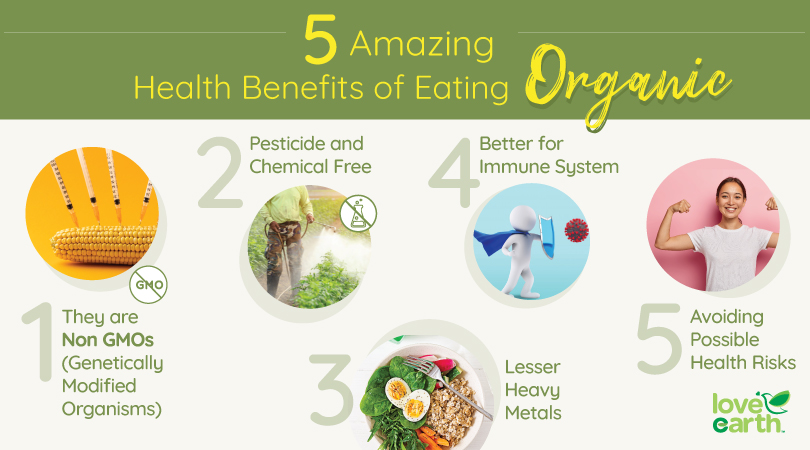 |
Stop Wasting Money on These ORGANIC Veggies (you don’t need to buy them organic)Click Here to Subscribe: http://Bit.ly/ThomasVid Get MY Recommendation on Groceries Delivered to Your Doorstep with Thrive Market: http: […] |
 |
If You Eat an Avocado a Day For a Month, Here''s What Will Happen to YouWhat Will Happen to Your Body If You Eat Avocado Every Day. The avocado is a unique fruit with multiple nutritional and health benefits. How would your body |
 |
Korean GardeningKorean gardening is one of the oldest ways to grow plants. It involves planting herbs, fruits, and vegetables that are used in kimchi, a type of.. |
 |
The Rodale InstituteThe Rodale Institute is a nonprofit organization that aims to support research into organic farming. It was founded in 1947 by J. I. Rodale, an.. |
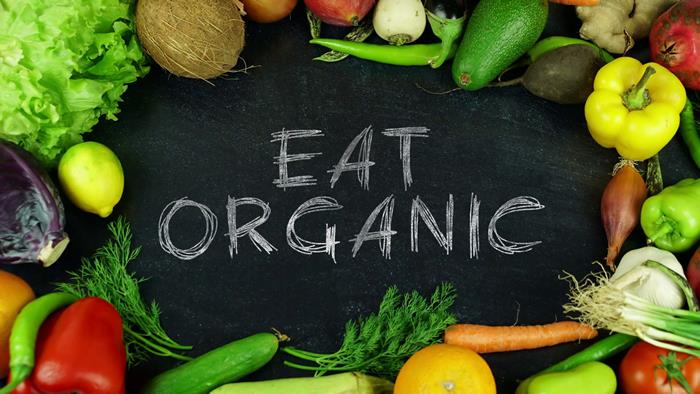 |
Organic eatingOrganic Cultur |
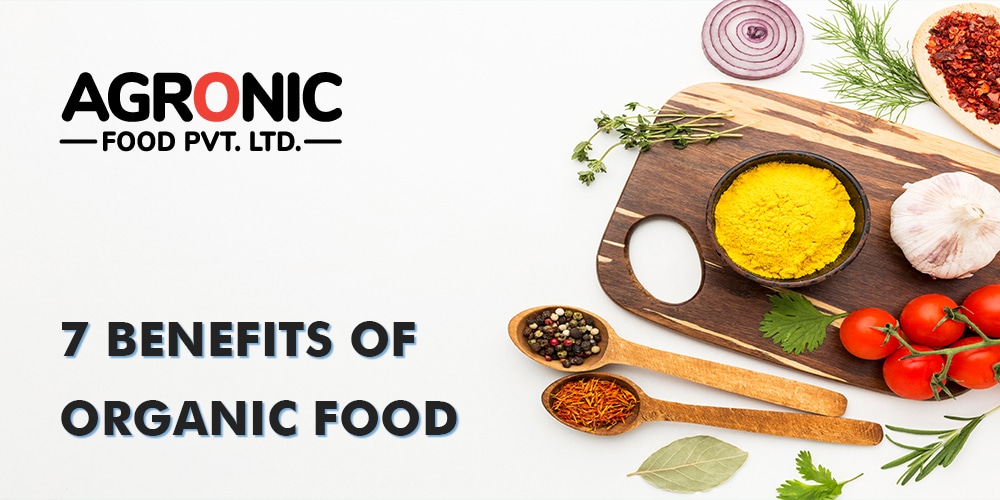 |
What is a Conventional Farm?Conventional farm is the term used to describe a farm that is not organic. It is a form of agriculture that is associated with better soil quality,.. |
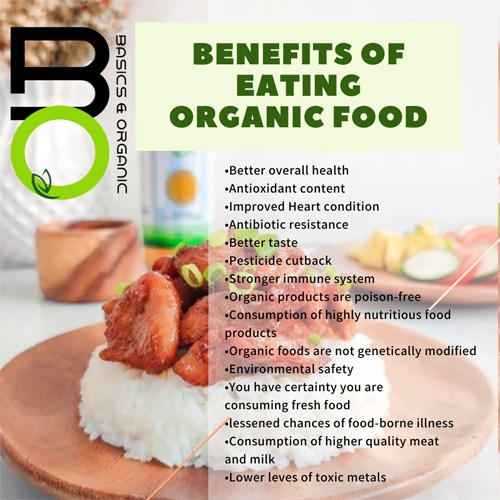 |
Chhattisgarh's Organic Farming SchoolsThe government of Chhattisgarh has started to introduce organic farming schools. This initiative is intended to provide the young generation with the |
 |
Can Organic Be GMO?The question Can organic be GMO is an ongoing debate among many consumers. While it's possible to eat foods that have been produced using genetic.. |
 |
When Did Organic Food Start?The answer to the question when did organic food start? will vary depending on the time period in which you are looking at. For instance, it may be a |
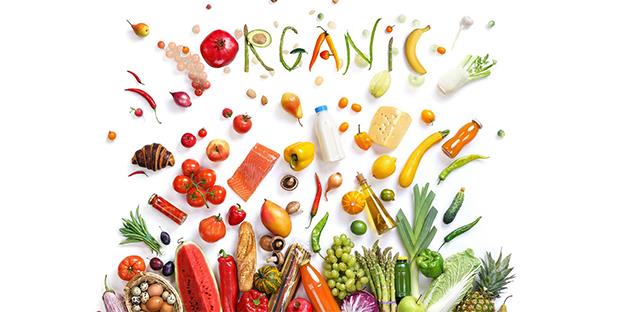 |
Organic Farming PrinciplesOrganic farming is a practice that is designed to be sustainable and healthy. Its principles include avoiding harms produced by industrial farming.. |
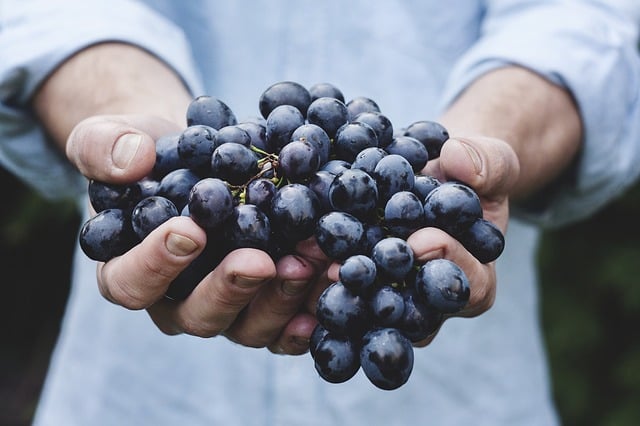 |
Soil Composition and BiodiversityThe soil that we have around us is a vital part of our lives. It is the home for many plants and animals. It also has a texture, a color, and many.. |
 |
The Benefits and Pitfalls of Organic Farming OrganizationsOrganic farming is an approach to farming that is not only ecologically sound, but also financially feasible. It is a method that is free from.. |
 |
Exotic VegetablesWhen it comes to vegetables, there are plenty of choices to choose from. Some of the most popular choices include broccoli, corn, carrots, and.. |
 |
Learn How to Become an Organic Farmer Through a Training ProgramIf you are looking to become an organic farmer, there are several ways you can do so. One option is to take a training program that will teach you.. |
 |
Benefits of Cover CropsIf you aren't familiar with cover crops, you may be surprised to learn that they are plants that are planted to grow on top of the soil to help.. |
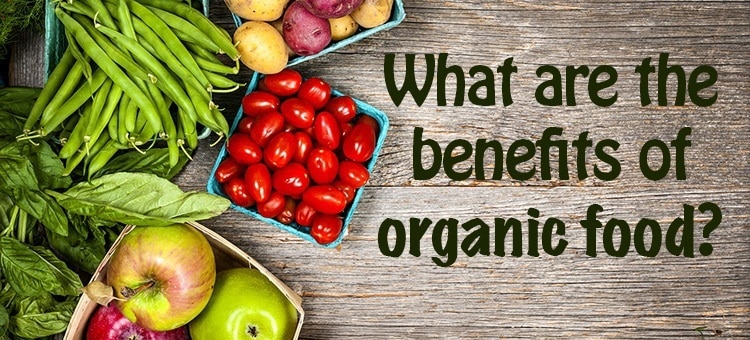 |
What is Organic Cotton?Organic cotton is the type of cotton that is grown without using pesticides or chemicals. It is also the type of cotton that is grown in subtropical.. |
 |
Is Organic Farming Beneficial to Biodiversity?Organic farming is a growing interest in the scientific community, and researchers have been investigating whether the practice is beneficial to.. |
 |
The Benefits of CompostingComposting your waste can be a very effective way of ensuring that your organic material is being broken down to the best of its ability. When.. |
 |
The Difference Between Organic Milk and Regular MilkOrganic milk is a type of milk that comes from livestock that is raised according to organic farming methods. This is a term that is regulated by.. |
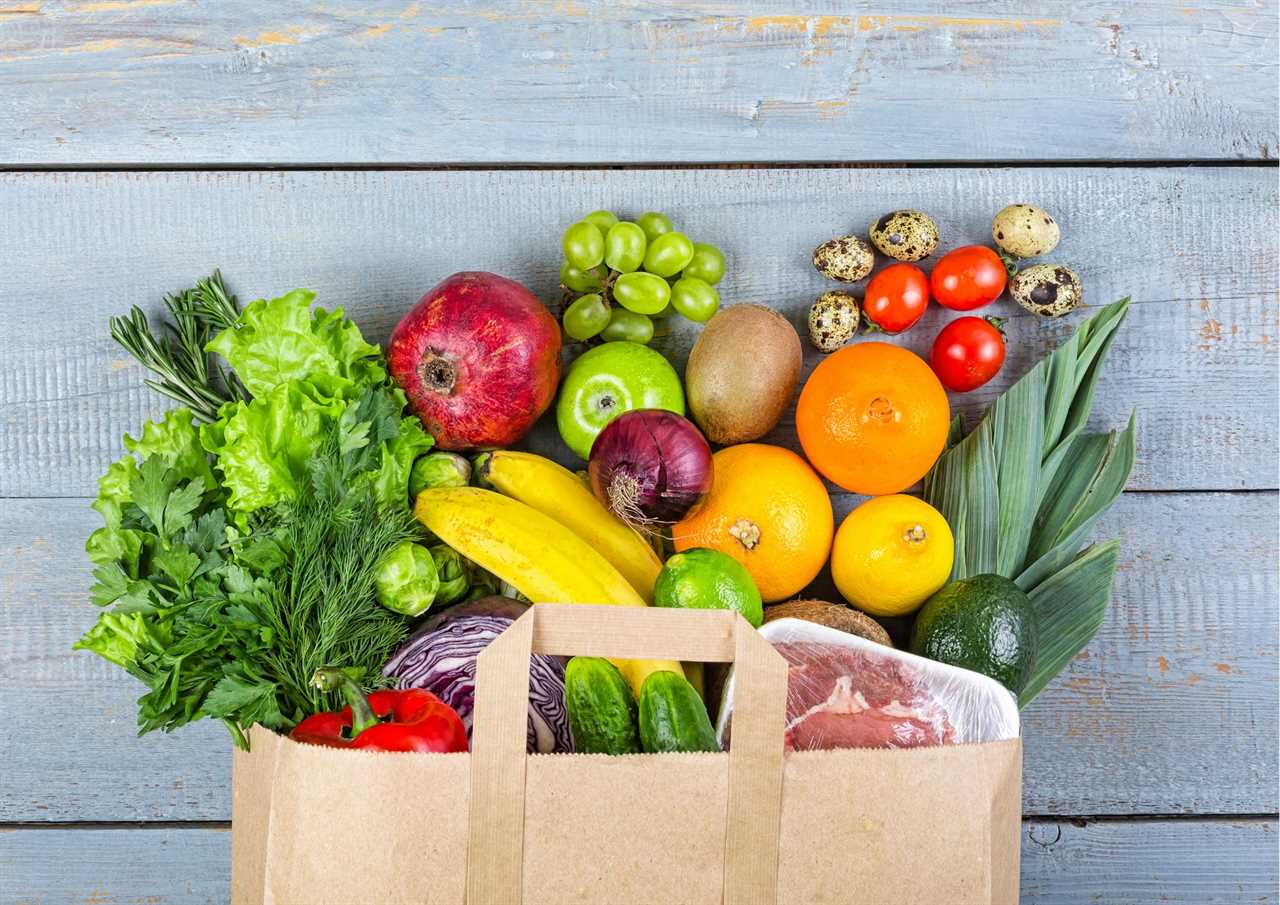 |
Organic Farming MagazineOrganic farming magazine is a resource that provides you with the latest information on organic agriculture, health, and sustainability. It also.. |
 |
The Latest Research on Organic | The Organic CenterResearched articles about eating Organic food |
.png)





